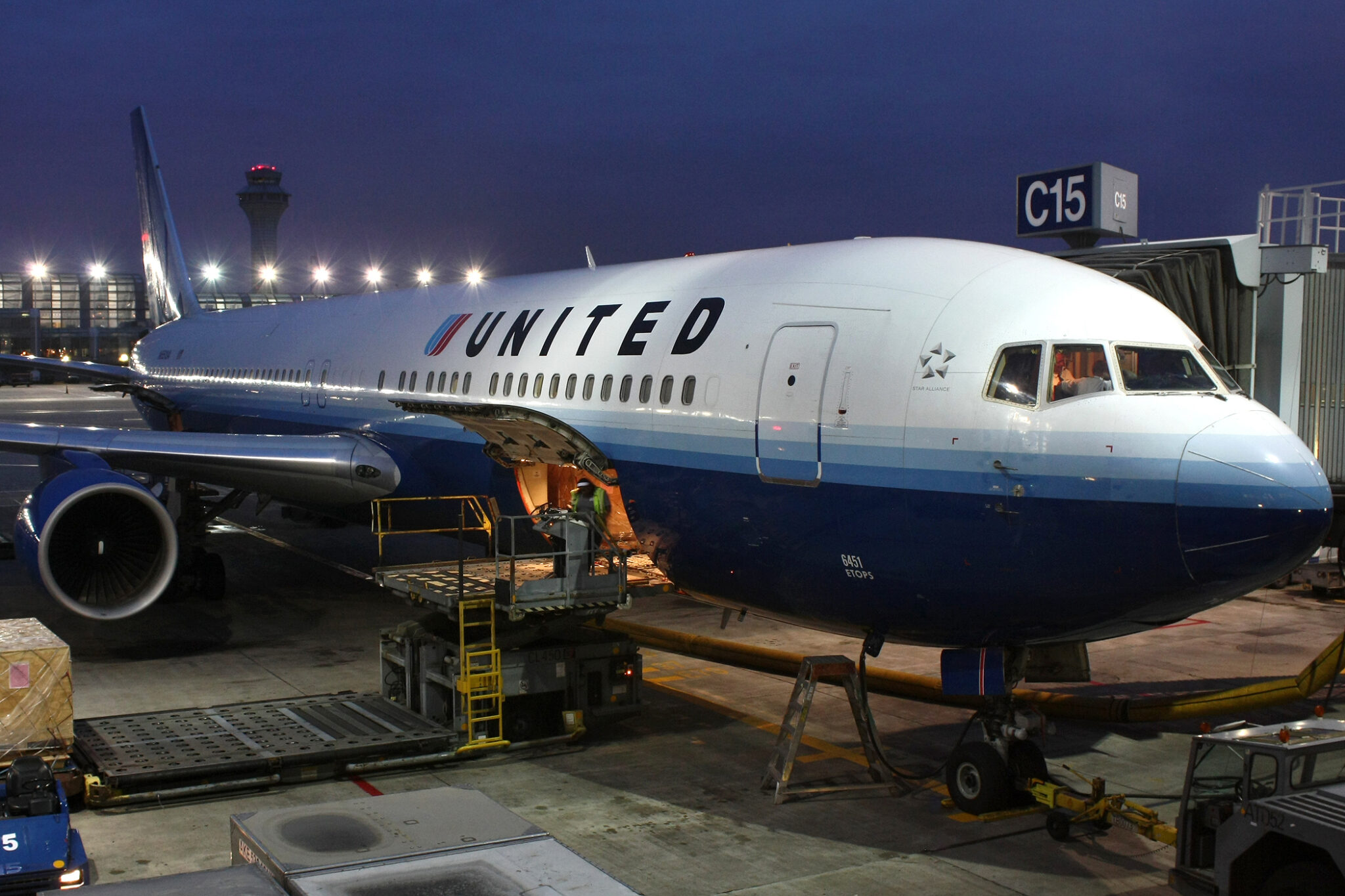Anjali Katta is a student at Harvard Law School.
In today’s news and commentary, the NLRB sues New York, a flight attendant sues United, and the Third Circuit considers the employment status of Uber drivers
The NLRB sued New York to block a new law that would grant the state authority over private-sector labor disputes. As reported on recently by Finlay, the law, which was passed on September 5th, states that private-sector employees fall within the scope of the state’s Public Employment Relations (PERB) unless the NLRB asserts jurisdiction via a court order. The NLRB claims that the law is preempted by the NLRA, under precedent forth in Garmon, as it creates a conflicting, parallel system regulating private sector employees. Challenges to this law may hint at challenges to similar bills in California and Massachusetts.
A former United Airlines flight attendant, Ava Lawrey, filed a class action lawsuit in New Jersey federal court, seeking damages for herself and around 1,000 New Jersey-based flight attendants. She alleges United violated state wage laws by failing to pay for time spent on essential duties outside ‘actual’ flight time which is defined as the period between aircraft door closure and opening. Lawrey claims she regularly worked 12-hour shifts with 2–4 unpaid hours for tasks like security, pre-flight meetings, debriefings, and layovers. The lawsuit seeks back pay, overtime, and penalties up to 200% of unpaid wages, along with injunctive relief to stop future violations.
The Third Circuit appeared unwilling to allow a third trial in a decade-long dispute over whether Uber misclassified drivers for its now-defunct service, Uber Black, as independent contractors. The former drivers have asked the Third Circuit to restore their case which was dismissed by a district court after two separate juries failed to reach a verdict. The Third Circuit Judges questioned how many trials should be allowed before a case is deemed futile. Uber’s attorney called a third trial unfair, while the former drivers’ lawyer argued that the issue’s public importance justifies continuing the case. The case could set precedent for app-based gig worker classification amid nationwide battles over gig workers’ status as independent contractors or employees.






Daily News & Commentary
Start your day with our roundup of the latest labor developments. See all
March 3
In today’s news and commentary, Texas dismantles their contracting program for minorities, NextEra settles an ERISA lawsuit, and Chipotle beats an age discrimination suit. Texas Acting Comptroller Kelly Hancock is being sued in state court for allegedly unlawfully dismantling the Historically Underutilized Business (HUB) program, a 1990s initiative signed by former Governor George W. Bush […]
March 2
Block lays off over 4,000 workers; H-1B fee data is revealed.
March 1
The NLRB officially rescinds the Biden-era standard for determining joint-employer status; the DOL proposes a rule that would rescind the Biden-era standard for determining independent contractor status; and Walmart pays $100 million for deceiving delivery drivers regarding wages and tips.
February 27
The Ninth Circuit allows Trump to dismantle certain government unions based on national security concerns; and the DOL set to focus enforcement on firms with “outsized market power.”
February 26
Workplace AI regulations proposed in Michigan; en banc D.C. Circuit hears oral argument in CFPB case; white police officers sue Philadelphia over DEI policy.
February 25
OSHA workplace inspections significantly drop in 2025; the Court denies a petition for certiorari to review a Minnesota law banning mandatory anti-union meetings at work; and the Court declines two petitions to determine whether Air Force service members should receive backpay as a result of religious challenges to the now-revoked COVID-19 vaccine mandate.